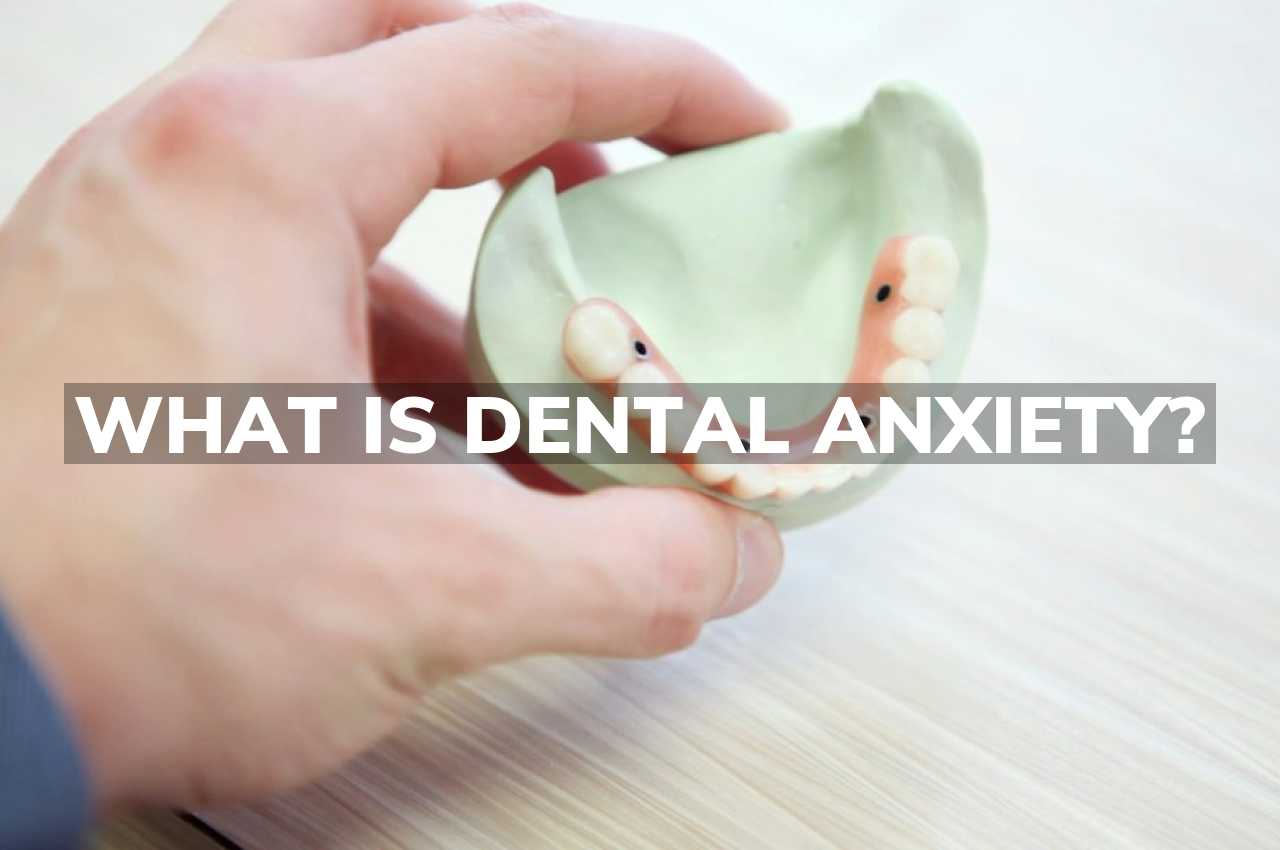Dental anxiety is a fear of going to the dentist and receiving dental treatment. It is a common problem that affects many people and can range from mild to severe.
Symptoms of dental anxiety include feeling nervous or anxious when thinking about visiting the dentist, avoiding dental appointments, feeling overwhelmed or panicked during a visit to the dentist, and having difficulty sleeping the night before an appointment. People with dental anxiety may also experience physical symptoms such as sweating, increased heart rate, nausea, and trembling.
Children with Dental Anxiety
Studies have shown that nearly 30 percent of children are afraid of going to the dentist. This fear can be caused by a variety of factors, from fear of pain, to fear of the unknown. As a result, children may experience extreme distress and anxiety when faced with the prospect of visiting the dentist.
Dental anxiety can prevent a child from getting necessary dental treatments, which could result in tooth decay and other dental problems. It can also lead to avoidance behavior which may further exacerbate their dental issues. Therefore, it is important for parents and dentists alike to be aware of this issue and take steps to address it.
There are several strategies that can help reduce dental anxiety in children such as providing information about the treatment beforehand, using distraction techniques during treatment, and introducing positive reinforcement after successful visits. With these measures in place, dentists can ensure that their young patients feel comfortable and relaxed during their appointments.
Teens with Dental Anxiety
It is estimated that up to 40 percent of teens suffer from dental anxiety or fear of the dentist. It can lead to a fear of the dentist, dental phobia, and avoidance of necessary dental treatments. This can cause significant damage to the teeth and gums and even lead to tooth loss.
There are various methods available to help anxious teens cope with their fears and receive the care they need. These techniques include relaxation exercises, cognitive-behavioral therapy, hypnotherapy, virtual reality therapy, and sedation dentistry. By addressing dental anxiety in teenagers early on, we can ensure that they receive the best possible care for their oral health.
Adults with Dental Anxiety
Dental anxiety can be debilitating for many adults. It can be caused by fear of the dentist, fear of pain, fear of needles, or even fear of dental treatment. Estimates indicate that anywhere from 9-20 percent of adults suffer from dental anxiety and phobia.
Fortunately, there are treatments available to help anxious adult patients receive the care they need without feeling overwhelmed or scared. These treatments include sedation dentistry, cognitive behavioral therapy (CBT), desensitization techniques, and relaxation techniques such as mindfulness meditation. With these treatments, adults with dental anxiety can get the care they need in a safe and comfortable environment.
Quick Tips & Self-Care Strategies to Reduce Anxiety Before a Trip to the Dentist
There are several practical tips and self-care strategies that can help reduce anxiety before a trip to the dentist. From relaxation techniques to dietary changes, self-care strategies can help you manage your dental anxiety naturally and make your visit to the dentist much more comfortable.
Dental Anxiety Tips and Strategies:
- Practice deep breathing exercises before your appointment. Deep breathing is a relaxation technique that can help calm you down before your appointment, so practice deep breathing exercises daily or right before your appointment to prepare for it. The best way to practice deep breathing is to fill your stomach and lower lungs with oxygen, hold it for 10 seconds, and then slowly breathe out, taking in a little less oxygen than you did when you first started. This can help calm your body, relax the muscles in your throat and chest, reduce nervousness about what is going to happen during your appointment (and keep you from having an anxiety attack), and allow you to take a more relaxed focus on the dental experience.
- Address any concerns or questions that come up before your appointment about what will happen during the appointment so that you can go into the appointment with peace of mind.
Compassionate Dentistry
While proactive self-care may work for some patients, others may need extra support. This is where compassionate dentistry comes into play.
Compassionate dentistry is a form of dental care that focuses on providing quality dental care to anxious patients. It involves working with the patient to create a comfortable and safe environment, as well as providing effective treatments that reduce anxiety and fear.
Compassionate dentistry includes techniques such as sedation dentistry, which uses medications to help relax the patient during their dental visit. Conscious sedation is a form of sedation dentistry that helps patients feel relaxed and less anxious throughout their treatment. This type of sedation also allows the dentist to work more efficiently, reducing the amount of time it takes for the patient to receive their treatment.
By utilizing compassionate dentistry techniques, dental professionals can provide quality care while helping anxious patients feel more at ease during their visits.
Lee Family Dentistry Care
We know you have a lot of choices when it comes to trusted dental professionals. That’s why we offer a range of services that fit your needs. We provide caring, compassionate care at affordable rates with flexible scheduling and easy payment options. Our goal is to create long-lasting relationships so we can continue to serve our patients for years to come. Please take a moment to browse through our website and find the right provider for your family. We look forward to your next visit!

